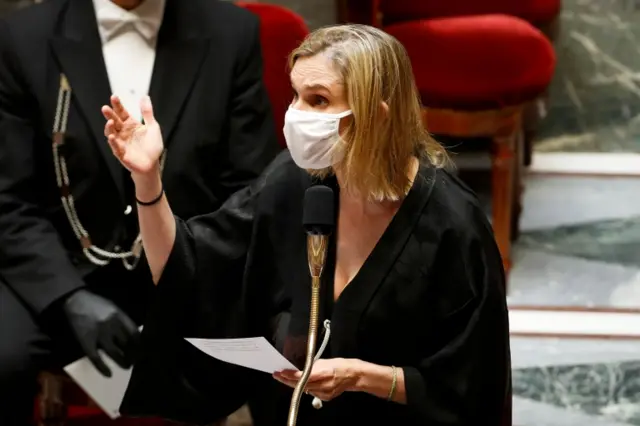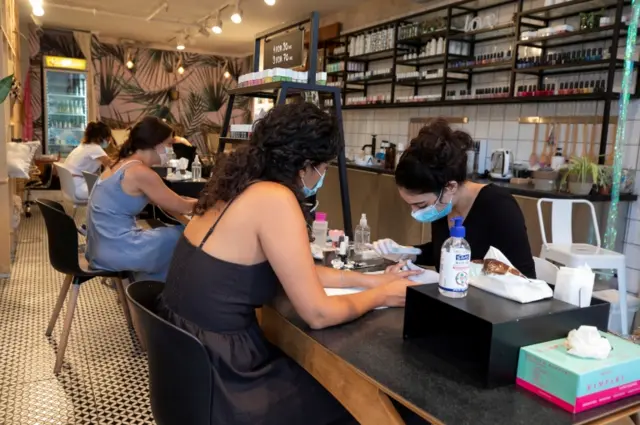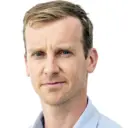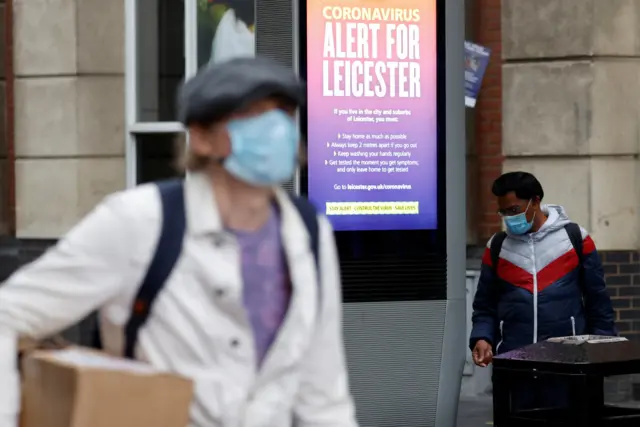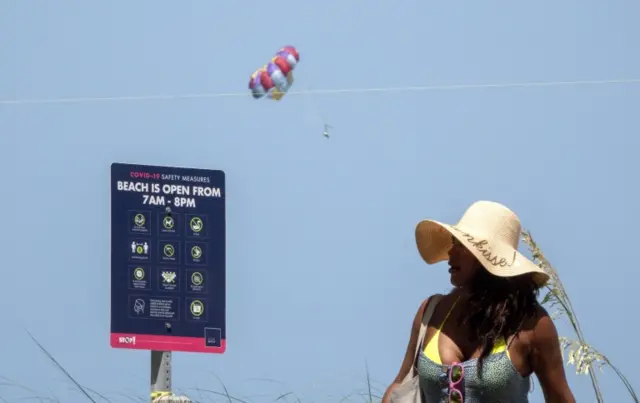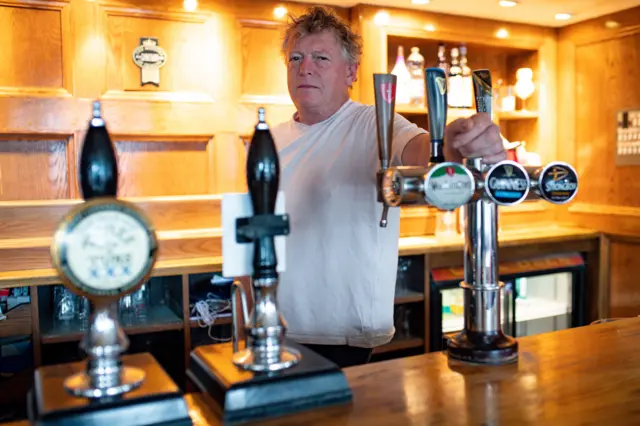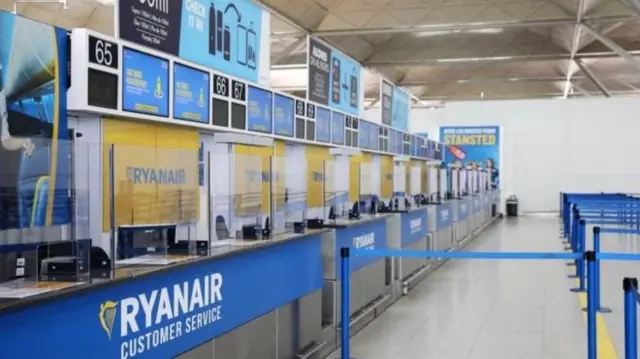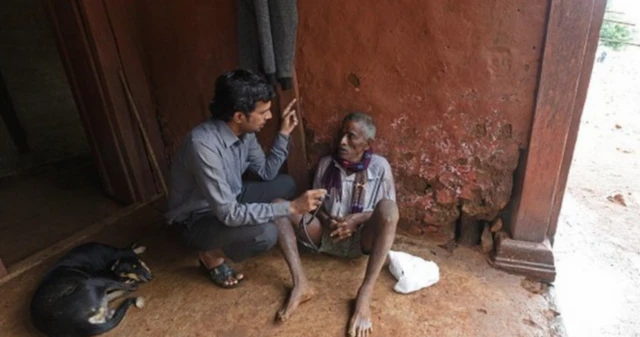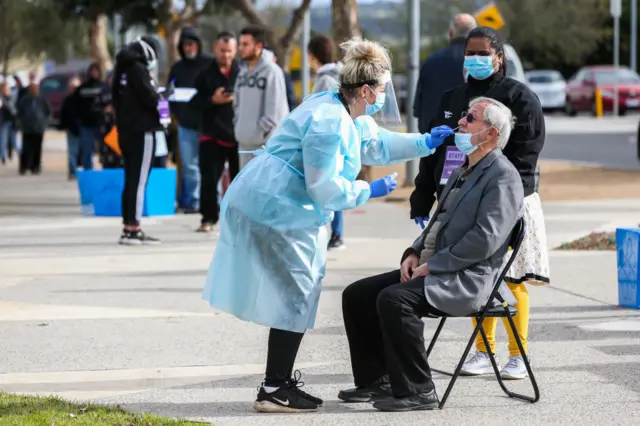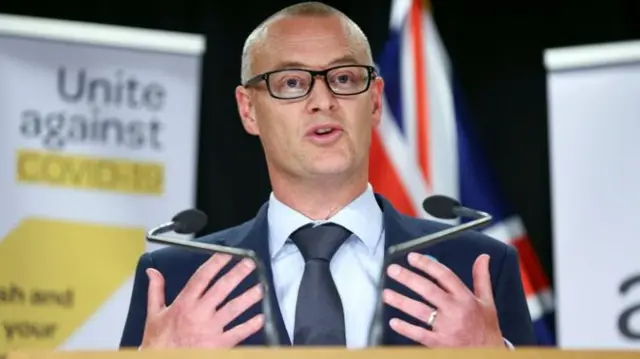UK 'won't hesitate' to impose more local lockdownspublished at 08:44 BST 2 July 2020
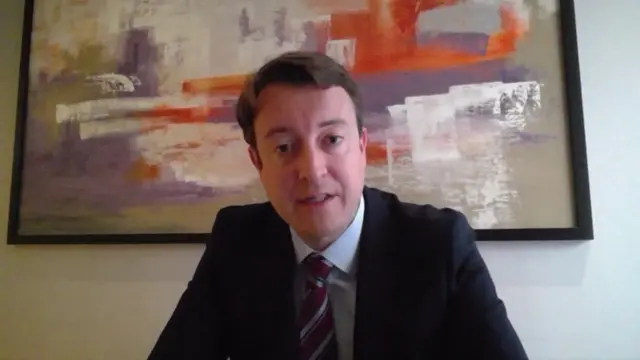
Clarke said all councils would have access to postcode-level data
Amid concerns about infection rates in parts of Yorkshire and north-west England, UK Local Government Minister Simon Clarke said "won't hesitate to act" where local lockdown restrictions are necessary.
He told BBC Breakfast that Bradford in Yorkshire was "the next one down on our list".
But he said Leicester - the first place to be put into a localised coronavirus lockdown - was an "outlier" with three times the infection rate of the second worst-affected area.
Following criticism that local governments were not able to see detailed information about infections in their neighbourhoods, Clarke said all councils would have access to postcode-level data, which had been made available on 22 June.
